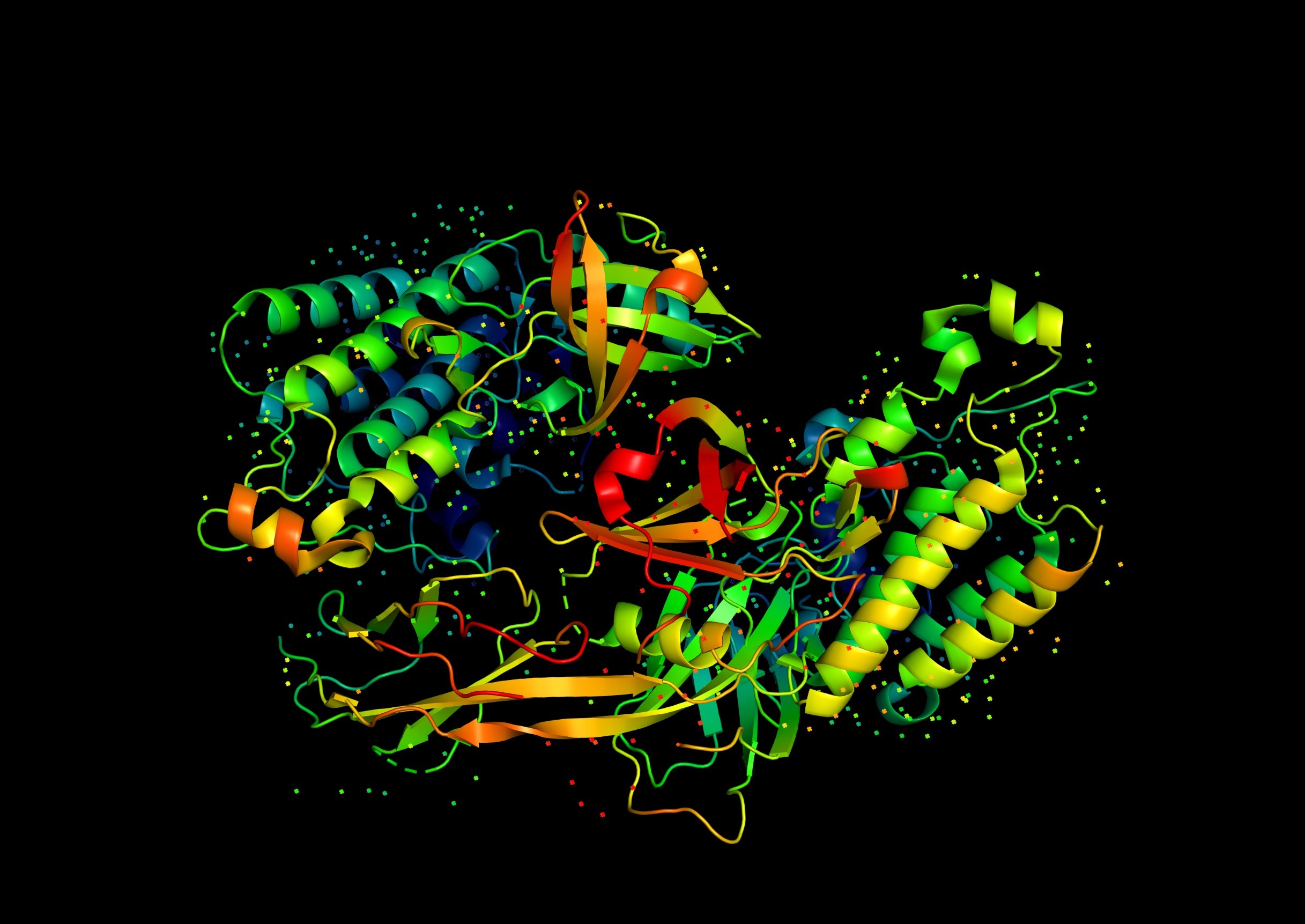
High protein diets have been known for many years to tackle obesity and being overweight. However, hunger suppression can be achieved using much simpler diets based on a single amino acid, phenylalanine.
Phenylalanine, is a component of dietary proteins. Recent research shows consumption of this particular amino acid reduces food intake by influencing the release of appetite-regulating hormones in the gut. Phenylalanine is also generated in the gut when protein is digested as has been previously shown because it reduces appetite in rodents.
It is suggested that the presence of this amino acid in the gut is the basis for the rise in high protein diets which are successfully promoted for weight loss. Diets like Atkins and Dukan probably rely on this principle but maintaining them for any period of time is difficult and there are long-term health consequences.
To investigate its effects, scientists at Imperial College, London studied the brain activity and eating habits of mice treated with this nutrient. Rectal administration of phenylalanine was found to reduce food intake even at a dose 10 times lower than would be consumed daily as part of a high protein diet. The amino acid also increased activation of an area of the brain known to be involved in regulating appetite.
Lead researcher Mariana Norton said:
“Understanding how food is detected in the gut may help to identify ways of treating or preventing obesity. The next step is to establish whether phenylalanine can drive similar appetite-reducing effects in humans.”
She asserted that while encouraging weight loss, high protein diets could be challenging. Ms. Norton affirmed:
“Diets high in protein are known to encourage weight loss but adhering to them can be difficult. Identifying the mechanisms that sense the protein may allow us to use drugs or functional foods to hijack appetite regulation, and treat obesity.”
The findings were presented at the Society for Endocrinology’s annual meeting in Harrogate.



Leave a Reply